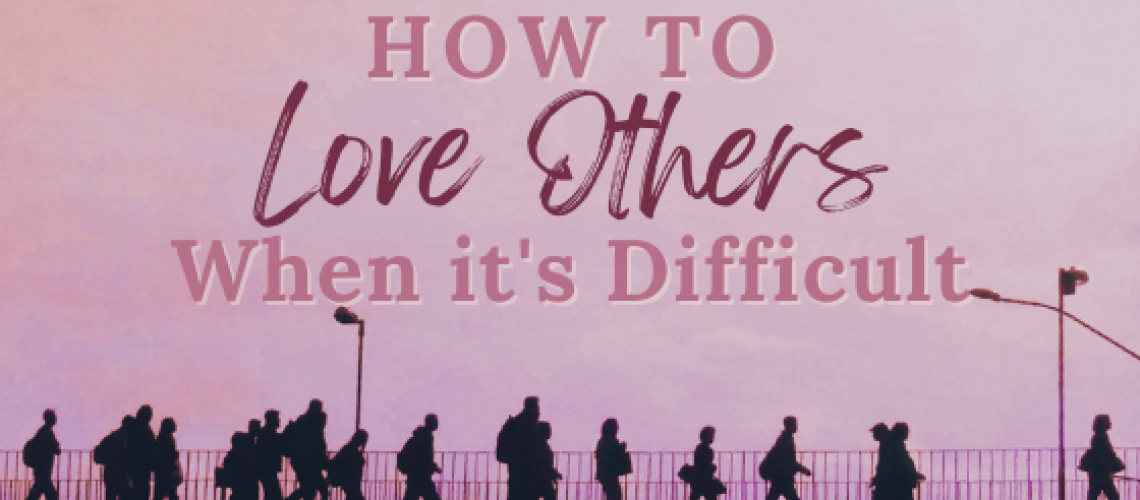One of the most incredible acts of mercy I’ve ever seen happened during a YES Trip on Skid Row in Los Angeles. We were at a mission offering clothes and a woman approached us. She was weak and tired and had likely been wearing the clothes on her back for days. Our eyes were immediately drawn to her shoes. The soles were detached and they were simply not functional. She sat down and began chatting with some of our Trip participants. After a few minutes passed, I saw one of our YES leaders run upstairs to where we were staying. I thought something was wrong, but she assured me that everything was fine. When she came downstairs, she looked disappointed. She told me she was looking for shoes to give to the woman and didn’t have the extra pair she thought she had. I told her I would go see what I could find shoes for her, but she said no. She went back over to where the woman was and sat down…and took off her own shoes. She kindly offered her shoes to the woman. It was incredible to watch the joy emerge from this interaction. In that moment, both of those women belonged. They belonged to each other by recognizing that each belonged to God. This is at the heart of co-suffering…to sit alongside someone when they are hurting and be a vessel for God’s healing.
Every human being has an innate need for belonging. The poverty of the woman we met on Skid Row was very visible, but often, poverty is invisible. You may not be able to see someone’s heart hurting, but, if you draw near, you may be able to feel it. I especially realized this during Fall of 2020. The closer I looked and listened, the more I realized that the young people in our community were struggling. They were overwhelmed by the division and suffering they were seeing around them. We realized that response was necessary, and we couldn’t hesitate to offer the comfort and perspective that was needed. An opportunity for co-suffering and belonging was created. We opened registration for a 5-week series we called: How to have Healthy Conversations about Hard Things. Students all over the country, ages 16-25, were invited to come together every Tuesday night, hear a message, and then spend time together in small groups processing their experiences. A year and 5 series later, here we are. We continue to consider what topic is most needful and bring young people together to, with God’s mercy, receive a new pair of shoes.
Cultivating this community was very intentional. Our small group leaders were trained to approach each person with openness and make listening their priority. Our communities become places of belonging when each person is welcomed as they are and valued for who they are. When a person is not embraced and welcomed, often they will tragically seek out any place to fit in. They turn to harmful and unhealthy places because their communities have cast them out. Our Lord welcomed each person and visited the homes of people that had been rejected by others. Whether we are on Skid Row or our college campuses, our eyes, ears, and arms should be opened to embrace each person we encounter.
Poverty may not always be visible, but you can be. Your presence, without saying a word, is offering a powerful message: You are not alone and I am not afraid of your suffering. Your consistent presence may allow someone to find the courage to reveal the pain they’ve been trying to hide. If we could even possess an ounce of God’s abundant mercy, our communities would be closer to looking like images of God’s ideal for us. We would exist in safe spaces where we are not condemned for our weaknesses, but instead are strengthened and forgiven. Instead of running away when we feel less than perfect, we would run to our loving communities to be reminded who we truly are. Instead of being policed by each other, we would be embraced by each other and struggle towards the Lord together. Instead of evaluating each other, we would offer mercy without affirmation or condemnation. We should seek to be constant creators of safe, comfortable places for others to struggle through what they are experiencing. Peace, joy, and healing are the fruit of a welcoming community where each person belongs.




